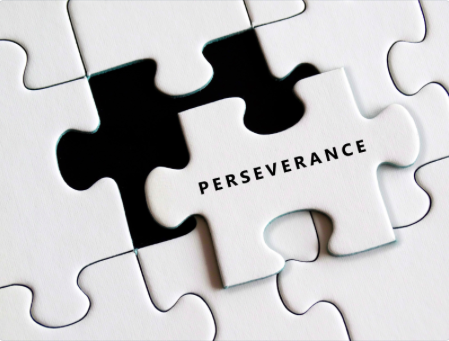
I came across a fun word the other day. Stickability. It refers to a person’s ability to persevere with something. It’s about commitment. It’s about staying power. And staying power, I believe, is one of the most important keys to success.
I was reminded of this when I read about a young boy who began a successful business career selling matches—one at a time, door to door. The boy’s name was Ingvar Kamprad, and he lived in a small town in Sweden.
Kamprad started selling matches at the age of five. By the time he was seven, he was already thinking ahead; he began riding his bicycle to sell matches outside of his neighborhood. He also had realized by then that he could buy these matches in bulk from Stockholm and sell them individually at a low price and still make a nice profit. The other boys mocked him when he said he couldn’t play because he had to ride his bike three hours to Stockholm for his supplies.
From matches, he expanded to selling fish and Christmas decorations and seeds and, later, pencils and ballpoint pens—all the time thinking bigger and persevering in his dreams. He was practicing stickability.
In 1943, when he was 17, Kamprad founded IKEA, selling replicas of his uncle Ernst’s kitchen table. A few years later, he expanded his offerings to other pieces of furniture, keeping it all mail order for a while. (By the way, the acronym IKEA is made up of the initials of his name—Ingvar Kamprad—plus those of Elmtaryd, the family farm where he was born, and the nearby village of Agunnaryd where he was raised.)
Today, IKEA is a multinational company, valued at nearly $20 billion.
Imagine having that kind of commitment—that kind of stickability—at age 17! Never mind age five or seven!
I absolutely believe that in order to achieve anything significant, you have to be 100% committed. Then you have to stay the course.
In his book Chop Wood, Carry Water: How to Fall in Love with the Process of Becoming Great, Joshua Medcalf recounts the story of Ingvar Kamprad and then takes it further. He points out that plenty of people would love to start the next IKEA, but few are willing to “sell individual matches” door to door—few are willing to do the work necessary to achieve such stunning success.
“Every now and then,” he writes, “a person comes along and accidentally gets it the first time, but most of us have to learn the hard way through multiple failed experiments, which allows us to learn lessons and skills those who had it easier did not develop.”
This takes stickability. But stickability also involves vision. It involves faith in one’s own ability to succeed.
Think about Steve Jobs. He didn’t set out to transform entertainment and education and how we work, but that’s what happened through his computer company. Apple became huge, of course, but remember: It started small—in a garage.
The problem with small for most people is that it isn’t sexy, and it’s often repetitively boring. That’s where the skill of stickability comes in. And, make no mistake, it is a skill. One that you can cultivate like any other.
These are trying times we are living in right now. It’s easy to get discouraged and sidetracked from your goals. It’s more important than ever to commit to what it takes to be successful and focus your efforts there. So, I encourage you to hone your stickability skills and apply them to the right goals.
Positive self-talk can help. I start every day with a mantra that will keep me focused on what matters. A few of these motivational sayings pertain to this pursuit of stickability and commitment and being “all in”:
- Greatness is not for the chosen few, but for the few who choose.
- Discipline is choosing between what we want now and what we want most.
I have a long list of these positive mantras. Beginning my workdays (any day, really) in a positive mindset is how I remain committed to helping you do what you do better.
In my next blog post, I will share some more ideas on commitment (and stickability) from a podcast on Total Commitment by my friend and fellow coach Mike Tate.
Recent Comments